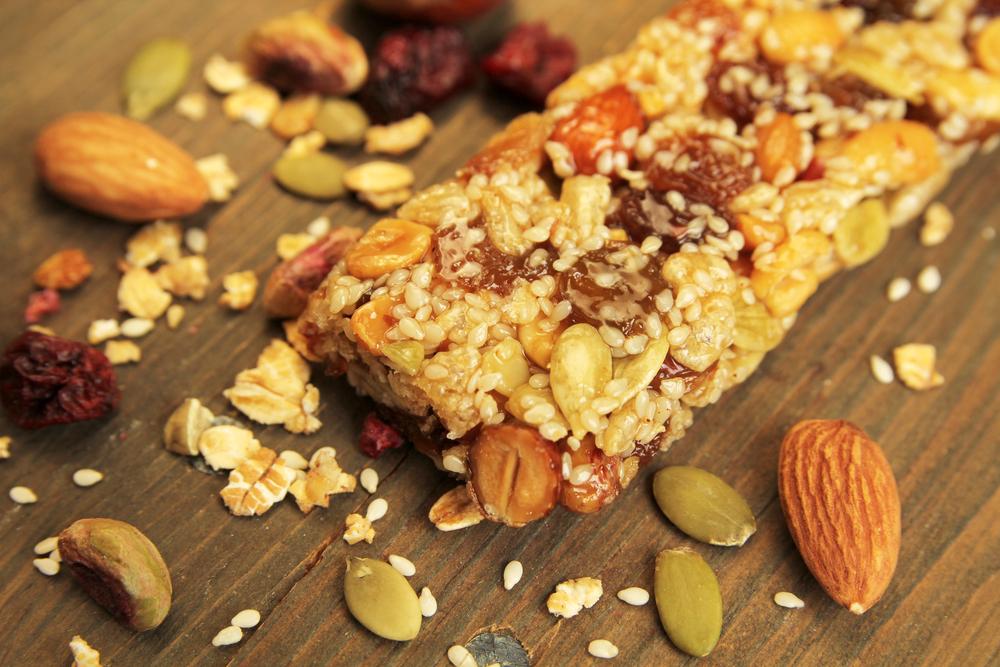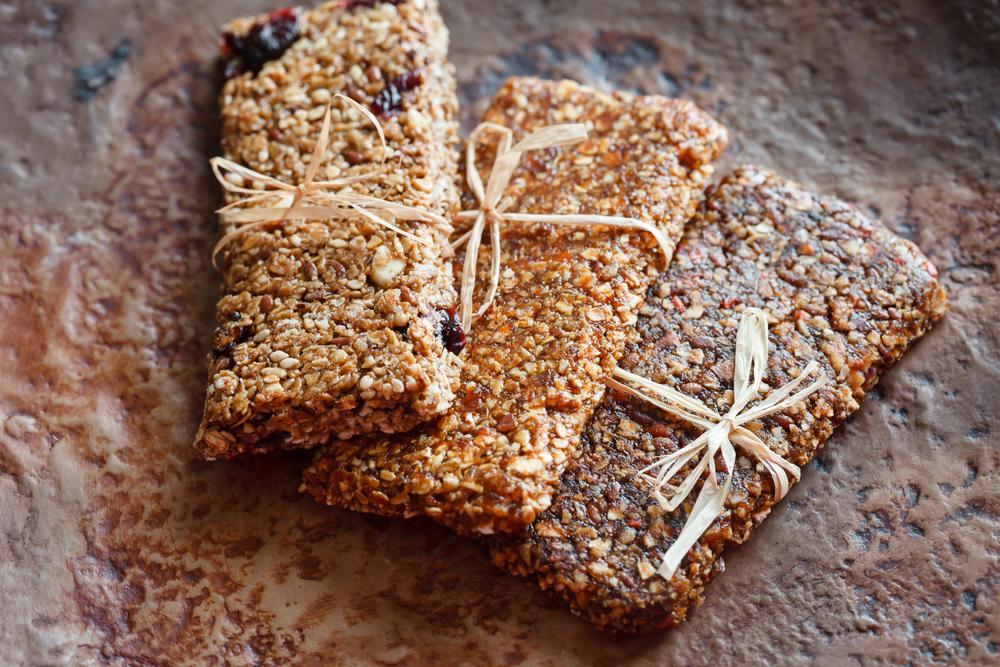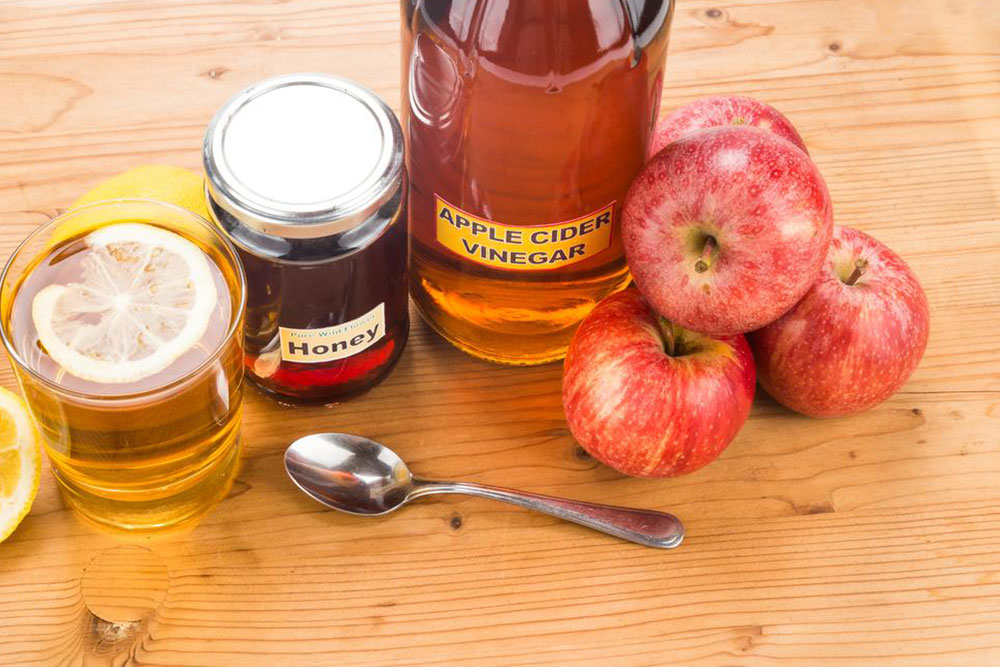Essential High-Fiber Foods to Enhance Your Nutritious Diet for Better Digestion and Overall Health
Boost your fiber intake naturally with these top nutrient-rich foods, including artichokes, nuts, seeds, lentils, and berries. Discover how to incorporate these superfoods into your daily diet to improve digestion, support weight management, and promote overall health. This comprehensive guide offers delicious meal ideas and nutritional insights to help you maintain a high-fiber lifestyle effectively.

Essential High-Fiber Foods to Enhance Your Nutritious Diet for Better Digestion and Overall Health
Maintaining a diet rich in dietary fiber is a cornerstone of promoting optimal digestive health and preventing a variety of chronic diseases. Fiber plays a crucial role in supporting the body's digestive processes by absorbing water, increasing stool mass, and facilitating regular bowel movements. Besides improving digestion, a high-fiber diet is linked to numerous health benefits, including weight management, reduced risk of cardiovascular disease, better blood sugar control, and prevention of certain cancers. However, many individuals struggle to include sufficient fiber in their daily meals. To address this, understanding and incorporating a diverse array of fiber-rich foods can significantly enhance your nutritional intake and overall well-being. In this comprehensive guide, we explore the top 5 nutrient-dense foods that can help you boost your high-fiber diet seamlessly.
Artichokes: An underrated yet highly nutritious vegetable, artichokes are incredibly rich in dietary fiber, offering approximately 10.3 grams of fiber per medium-sized serving. Beyond fiber, they are packed with essential minerals such as phosphorus, calcium, magnesium, as well as vitamins that contribute to overall health. Artichokes can be prepared in numerous delicious ways—roasted with garlic, seasoned with lime, black pepper, or incorporated into salads and dips—making them a versatile addition to your high-fiber meal plan.
Nuts and Nut Varieties: Nuts are notably concentrated sources of dietary fiber and vital nutrients. Almonds, pecans, pistachios, and walnuts stand out as excellent fiber sources. For instance, a one-cup serving of almonds provides roughly 11.6 grams of fiber, while walnuts supply about 7.8 grams. Incorporating a handful of mixed nuts into your daily diet not only boosts fiber intake but also supplies healthy fats, omega-3 fatty acids, vitamin E, folate, and other micronutrients. Using nuts as a snack alternative or topping for salads and cereals can enhance dietary fiber intake effortlessly and promote heart health.
Seeds and Grain Superfoods: Seeds such as chia and flaxseed, along with grains like quinoa, are nutritional powerhouses that are easy to incorporate into everyday meals. Chia seeds provide approximately 10.6 grams of fiber per ounce and are also rich in omega-3 fatty acids, calcium, and antioxidants. Flaxseeds offer about 2.8 grams of fiber per tablespoon and are a good source of lignans and healthy fats. Quinoa, a gluten-free grain, supplies about 5.2 grams of fiber per cooked cup and is an excellent complete protein source. Add these superfoods to smoothies, yogurt, oatmeal, salads, or baked goods, or use chia seeds to create nutrient-dense puddings and egg substitutes for vegan recipes.
Lentils: Lentils are among the most fiber-dense legumes, providing approximately 15.6 grams of fiber in one cooked cup. They are also rich in folate, iron, protein, and other essential nutrients, making them a staple for anyone aiming to increase dietary fiber. Lentils are versatile and can be used in soups, stews, salads, or made into patties. They are particularly beneficial for pregnant women needing folate, individuals with anemia, and those managing liver health. Their ease of preparation and nutritional benefits make lentils a must-have in a high-fiber diet.
Berries: Berries such as blackberries and raspberries are delicious, nutrient-rich fruits loaded with dietary fiber—about 7.6 grams and 8 grams per cup, respectively. They are also abundant in vitamins A, C, E, and K, as well as folate and omega-6 fatty acids, which support immune health, skin vitality, and cellular function. Berries are naturally sweet, making them an excellent choice for satisfying sugar cravings while adding fiber to your meal. Enhance your cereals, smoothies, yogurt, or enjoy them fresh as a snack for a quick and healthy boost of fiber and antioxidants.





